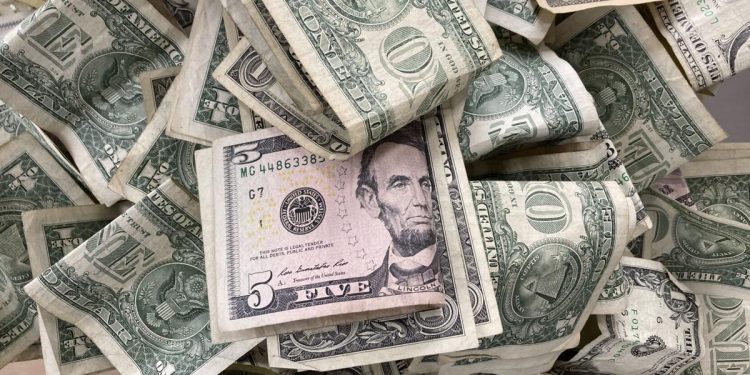By Anthony Hennen | The Center Square
(The Center Square) – A new report warns that some states, including Pennsylvania, may be relying too much on short-term federal funds for long-term expenses. Doing so sets up states for a “fiscal cliff” that causes future budget problems.
The report from the Volcker Alliance, a nonprofit group that works to strengthen public service education and effective government, also raised concerns about the lack of transparency in how Pennsylvania is spending its federal COVID-19 money. The American Rescue Plan Act sent $7.3 billion to the commonwealth, which was approved for projects related to public health, negative economic impacts, some infrastructure, and other areas.
Not all states have spent their money wisely, however.
“The allocation of lump-sum payments for revenue replacement may imperil budgets when federal funding is exhausted,” wrote Beverly S. Bunch, a professor at the University of Illinois-Springfield. “Additionally, reporting on use of these funds is inconsistent. In many states, the lack of transparency about programs … will make it more difficult to assess downstream budgetary consequences and hold government officials and agencies appropriately accountable.”
By July 2021, Pennsylvania had spent 63% ($4.6 billion) of its federal money sent to the state government. Of that money, $3.8 billion went to the state’s general fund to pay for health and education expenses. Another $372 million went for job creation and retention and other assistance, and $282 million for nursing home/assisted living/personal care needs.
While the money was spent in line with federal guidelines, the money was a one-time boost. The state used it to fund health care and education needs that require sustained funding, not temporary funding. The Volcker Alliance gave Pennsylvania a D- grade for its budget practices over the last five years, and called the grade “consistent” with how the state government spent these pandemic funds.
Rather than rising above its bad spending habits of the past, Pennsylvania has continued its old ways.
The report recommended that states should create spending plans to avoid fiscal cliffs that come from relying too much on one-time injections of federal money, making these plans publicly available, and enhancing transparency on how they spend the money.
“States themselves must ensure that $195.3 billion in emergency aid granted to them by Congress does not set them up for future fiscal shortfalls after the federal largesse ends,” Bunch wrote.



